🦎 Introduction
Is your gecko refusing food? Whether it’s a leopard gecko, crested gecko, or another species, appetite loss is one of the most common concerns among reptile owners. In this guide, we’ll explore the top 9 reasons your gecko might stop eating—along with specific solutions you can try today.
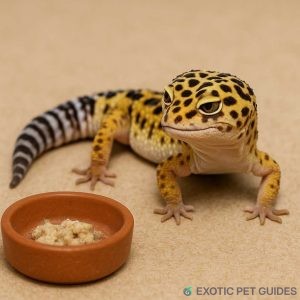
1. 🌡️ Temperature Is Too Low
Reptiles rely on external heat to digest food. If your tank’s temperature drops too low, your gecko may become lethargic and stop eating.
✅ Fix:
- Ensure warm side is 88–92°F (leopard geckos) or 75–78°F (crested geckos)
- Use an under-tank heater or ceramic heat emitter with a thermostat
2. 😰 Stress from a New Environment
Just brought your gecko home? It may take a few days (or weeks) to feel safe enough to eat.
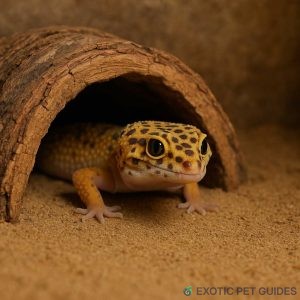
✅ Fix:
- Avoid handling during the first 7–10 days
- Provide 2–3 hides and minimal disturbance
- Keep lighting soft and indirect
3. 🦴 Shedding Cycle
Many geckos temporarily stop eating while preparing to shed.
✅ Fix:
- Ensure a humid hide is available
- Don’t force-feed—wait until after the shed completes
4. 🍽️ Wrong Food Type or Size
Offering insects that are too big or unappealing can lead to rejection.
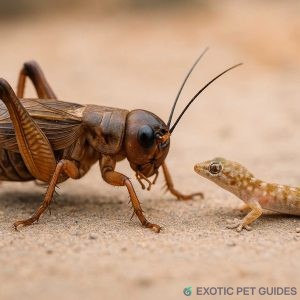
✅ Fix:
- Insect size should be no larger than the space between your gecko’s eyes
- Try switching to small dubia roaches, waxworms, or mealworms
- For crested geckos: ensure diet is fresh and properly mixed
5. 🦠 Parasites or Illness
Internal parasites or infections can suppress appetite.
✅ Fix:
- Collect a fecal sample and see a reptile vet
- Watch for weight loss, diarrhea, or lethargy
6. 💡 Improper Lighting or Photoperiod
Inconsistent light cycles or no day/night rhythm can confuse your gecko’s internal clock.
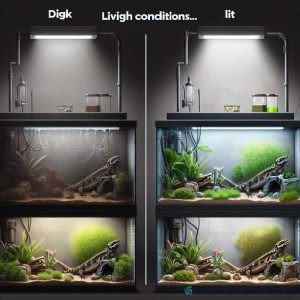
✅ Fix:
- Use a timer to maintain 12 hours light / 12 hours dark
- Add low-level UVB if needed (especially for crested geckos)
7. 🤢 Impaction (Bowel Blockage)
If your gecko accidentally swallowed substrate or oversized prey, it may become constipated and stop eating.
✅ Fix:
- Switch to a safe substrate (no sand or loose particles)
- Offer warm shallow baths and gentle belly massage
- Visit vet if impaction suspected
8. 🧂 Lack of Supplements
Calcium or vitamin D3 deficiencies affect metabolism and can suppress appetite.
✅ Fix:
- Dust feeder insects with calcium + D3 2–3x/week
- Offer a small calcium dish in the enclosure
9. 🧠 Boredom or Lack of Stimulation
Geckos may lose interest in feeding if their environment never changes.
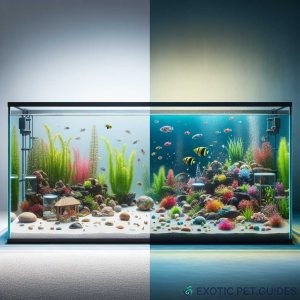
✅ Fix:
- Introduce climbing structures, live plants, or new hides
- Use feeding tongs or let insects roam to stimulate hunting behavior
🧾 Gecko Not Eating Checklist
| Symptom | Likely Cause | Quick Fix |
|---|---|---|
| Not eating + cold tank | Temperature too low | Adjust heat source |
| New gecko + hiding | Stress | Leave undisturbed for a week |
| Dull skin + hiding | Shedding | Provide humidity, wait |
| Poop abnormal or none | Parasite / impaction | See reptile vet |
| Ignoring food | Food type/size or boredom | Try new insects, tong feeding |
🐾 Conclusion
A gecko skipping one or two meals isn’t always cause for alarm—but prolonged refusal to eat is a sign something’s wrong. By checking the common causes above, you can take quick steps to get your gecko back to eating normally.